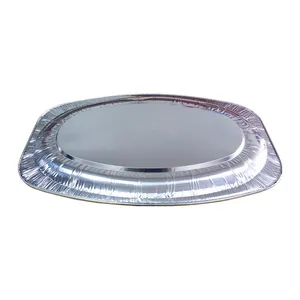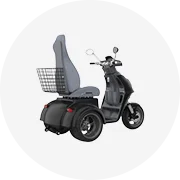

Disposable Aluminum Foil Plates Oval Foil Plate Fish Pan Grill Container Disposable Aluminum Foil Food Container


Carryout Lunch Box Food Container Aluminium Foil Disposable 4 Compartment 750ml Food Package Ningbo Aluminum Tray Full Curl 35mm




















Aluminum ISO containers are a staple in the logistics and transportation sectors, offering a robust solution for the storage and movement of goods. These containers are designed to meet the International Organization for Standardization (ISO) regulations, ensuring consistency in quality and compatibility worldwide.
There is a diverse range of aluminum ISO containers available to cater to different needs. These include standard dry containers, refrigerated versions for temperature-sensitive cargo, and specialized containers with open tops or flat racks for oversized loads. The dimensions typically align with ISO standards, with common sizes being 20-foot and 40-foot lengths.
The construction of aluminum ISO containers utilizes high-grade aluminum, known for its strength-to-weight ratio. This material choice not only provides durability but also allows for a lighter container, which can contribute to fuel efficiency during transport. The walls, flooring, and framework are designed to withstand the rigors of international shipping.
These containers are not limited to mere transportation; they also find applications in static storage, modular construction, and emergency housing solutions. Their versatility makes them suitable for a wide array of industries, from agriculture to retail and beyond.
Opting for an aluminum ISO container comes with several advantages. Their corrosion-resistant nature ensures longevity, while their lightweight build facilitates easier handling and reduced shipping costs. Moreover, the recyclability of aluminum aligns with eco-friendly practices, making these containers a sustainable choice.
When selecting an aluminum ISO container, factors such as capacity, condition (new or used), and specific modifications for cargo requirements should be considered. It is essential to assess the compatibility of the container with the intended cargo and transportation mode.
aluminum iso container ISO standards high-grade aluminum transportation and storage corrosion-resistant sustainable choice